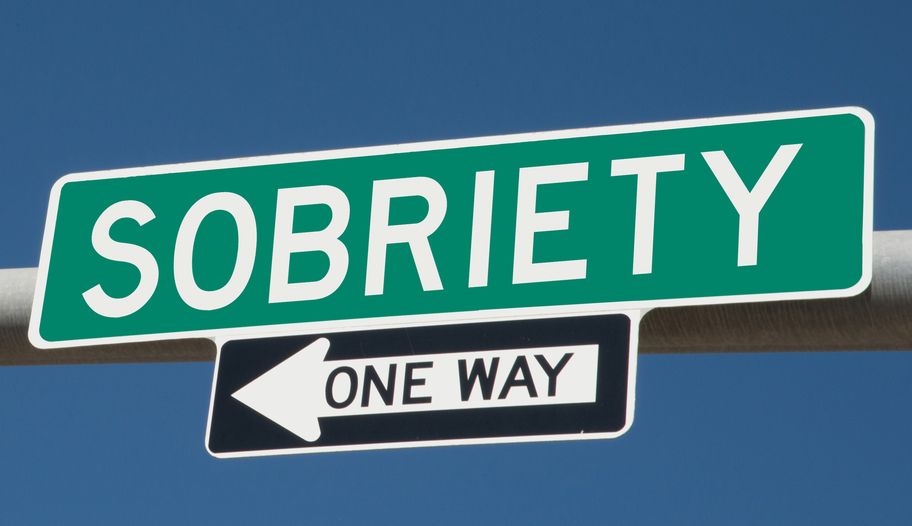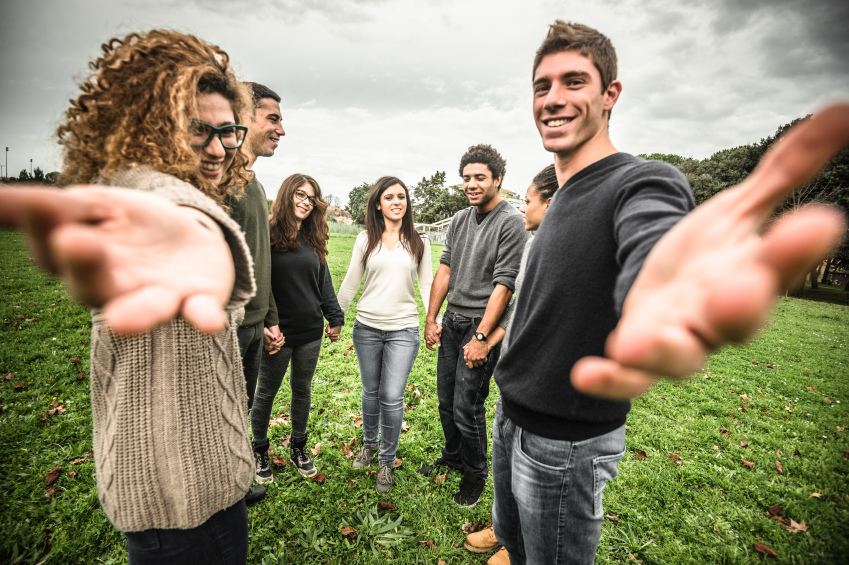
They say it takes a village to raise a child – but once we are adults, we do not magically go our own way and live our lives out alone. We all need mentors, friends, pupils, and partners as our support systems. Life is filled with relationships and people we care about, and not only do these interactions make our lives that much richer, but they can give us meaning and purpose.
When healing from addiction, it is important to realize how much addiction pulls a person’s needs and priorities into themselves. The need to be selfish kicks in as a natural consequence of how addiction rewires your brain – but as that fades away, our ability to exist for others and be dependable matters more than ever.
In come support systems. To understand why it’s important to be surrounded by the right people when fighting addiction, it’s important to understand what a support system is, and why addiction is not something fought on your own.
What Is A Support System?
A support system is a collection of people providing emotional or otherwise tangible support. Support systems sometimes exist for a specific purpose – to help an athlete stay at the top of his game – or exist in general to help you in life.
Support systems do not necessarily have to be formed – many people naturally surround themselves with supportive individuals and build their own support system with the help of their friends and family. A support system is defined not by unmitigated support or lack of healthy criticism, but by having a healthy relationship with those closest to you, one built on trust and reliance.
Your Support Systems In Sobriety
A support system is, if you care to define it that way, the complete network of everyone you interact with for emotional support during your journey through sobriety. But you can also consider yourself as being a part of several support systems. Most commonly, a person’s support system will be composed of:
Family: First and foremost, our family is central to recovery and sobriety. Some of us are on bad terms with our family due to misunderstandings or seemingly irreconcilable differences. Often enough, it’s due to addiction. It is up to you and your judgment as a sober person to decide whether making up with your family is worth it, and conducive to your emotional wellbeing and theirs. If yes, then family can be an incredible source of support.
Friends: For some, friends are their second family. For others, their friends are their family. Everyone needs friends, and luckily, we can choose them. One of the harder things to do in early recovery is cut out friendships that harm us and recognize toxic relationships where they can limit recovery or actively hinder it. By sticking only with the friends who truly matter to you – even if you end up with only one or two pals – you’re potentially saving yourself decades of grief and unnecessary drama, while gaining the benefits of having close friends to relate to, be open with, and share life with.
Sober Mentors: Sober mentors can be individuals you look up to as beacons of successful sobriety and personal mastership, or professionals with whom you have developed a personal bond as mentor and mentee. It is important to have people to look up to in recovery, both as an inspiration and as a guidance for when times are tough.
Sober Groups: Group therapy is about more than listening to other people’s experiences– it’s about making lasting connections with a few people, connections that can turn into friendships. It’s also about sharing your own struggles and triumphs, confirming the successes in your journey rather than dwelling on the mistakes, and helping others feel inspired or better able to take on their own difficulties with renewed confidence. This can be a tremendous source of emotional support as well.
Supplementing Your Support Systems
A support system can help you deal with the challenges of addiction and sobriety – but there’s more to a support system than the people you interact with. Actions, places, and hobbies can be part of your personal emotional support system. Each and every person needs to supplement their system according to their needs, passions, and interests.
Some find that the best way to help them cope with early recovery and find people to communicate with is through sports, or games, or art. Find a community that matches your personality and interests and turn to your hobbies when you feel stressed or bored.
Sobriety is not just about living life drug-free, but about having fun being alive. Find ways to support your sobriety by having fun and being yourself.
It Goes Both Ways
It’s best to think of support systems as a part of a larger organic social structure. It is not healthy to think of the individuals in a support system as functions to your recovery, or aids to your problems. Rather, they’re individuals. People, who love you or care for you, and are helping you from time to time. But it is never a one-sided relationship.
A support system exists as one definition of a collection of relationships from a certain point of view – your parents support you, but as their child, you provide them with a lot of emotional comfort as well. They care about other people, as well, and each lead their own lives, with their own thoughts, opinions, dreams, and experiences. Your friends are there for you when the going gets tough, but you’d do anything for them, too, respecting them and their time and not putting yourself over their own needs.
The people you met while going through treatment pitch in to help you stay sober, and tell tales of their struggles in addiction, their accomplishments, and regrets – just as you share your thoughts and experiences, helping others feel inspired, or gain much-needed insight into how addiction can unfold in other people’s lives. It’s never a one-to-one exchange, and it never has to be, but social support systems only function if everyone does their part in helping one another.
That’s a key difference between sobriety and addiction. In addiction, it’s about looking out for number one. But sobriety opens up the option of being part of a community.









